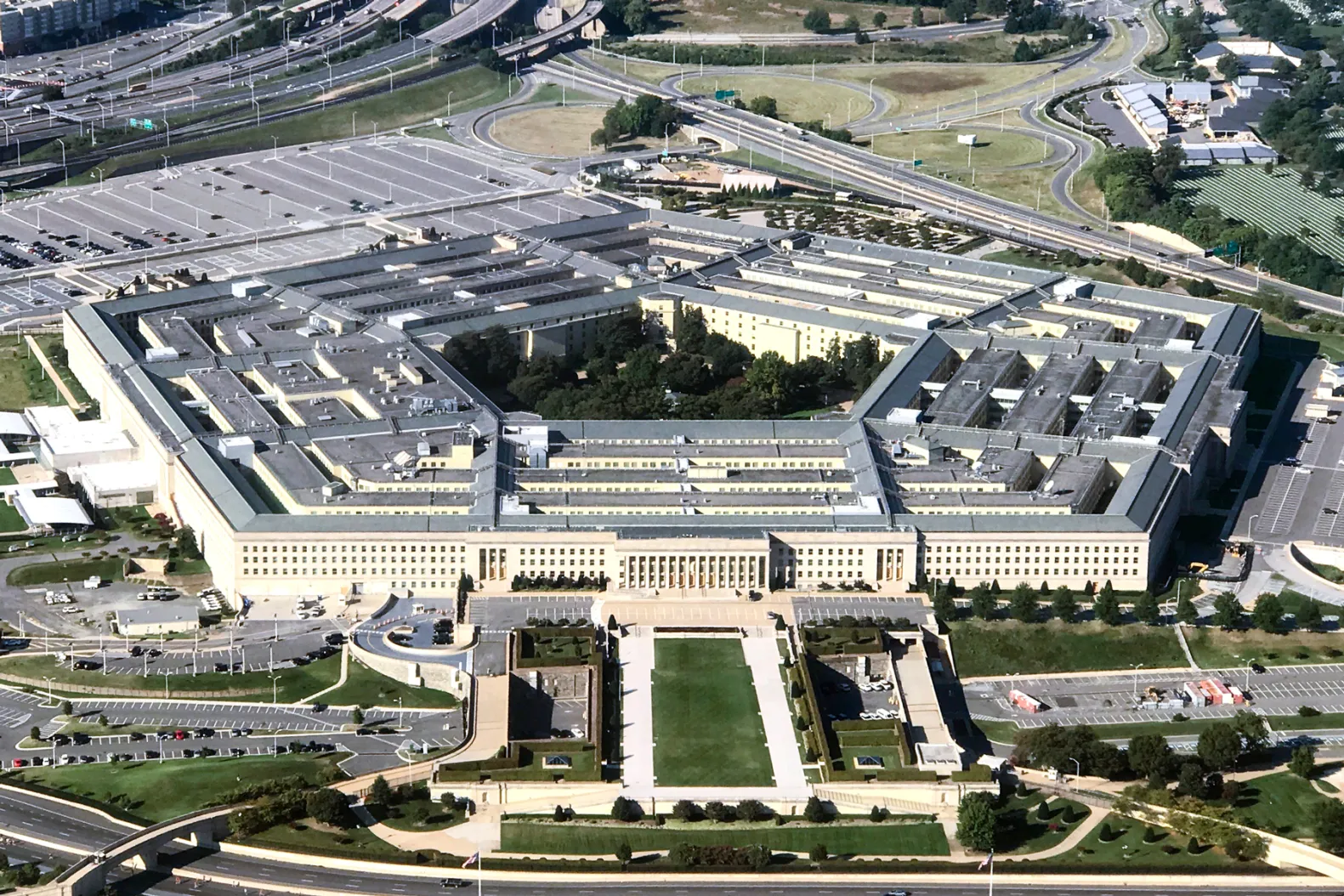March 8, 2024
LAST YEAR, THE Pentagon failed its sixth annual audit in a row. An Arizona lawmaker has a proposal for how to help the Department of Defense finally pass one: Use AI.
On Friday, Rep. David Schweikert (R-Ariz.) introduced legislation that would direct the Secretary of Defense to use artificial intelligence technology to audit the Pentagon’s financial statements for the current fiscal year.
With assets worth $3.8 trillion and a 2024 budget of around $850 billion, the Defense Department is the largest and most well-funded part of the federal government. It has long been a bottomless money pit. Unlike other government agencies, the Pentagon cannot comprehensively locate all of its assets and track where its resources go. Since 2018, the agency has attempted to audit itself and has repeatedly failed. Last year, the Pentagon hailed its most recent failed effort to pass an audit as “incremental progress” toward a clean bill of financial health.
According to The Intercept, the Defense Department has created an AI program to try to navigate its annual budget bill. Major accounting firms EY and KPMG have unveiled initiatives to use AI in some aspects of audits and accounting. In September, the IRS announced it would use AI to help “compliance teams better detect tax cheating” by the wealthy.
Schweikert’s legislation would instruct the Defense Department’s comptroller to develop AI technology, in consultation with the department’s inspector general, to facilitate audits of the Pentagon’s financial statements.
“Since 2018, the federal government has spent nearly $1 billion annually trying to audit the Department of Defense, and it costs substantially more to correct the mistakes after its completion,” Schweikert said in a statement. “This legislation helps accelerate the adoption of innovative auditing tools to reduce costs and foster creative solutions that will increase government accountability. I look forward to working with my colleagues to help modernize how Congress conducts such oversight to protect hardworking taxpayers.”
The bill received praise from the Project on Government Oversight, a nonpartisan watchdog group that has focused on reducing waste at the Pentagon for decades.
Omar Tabuni, government affairs manager at POGO, tells Rolling Stone that “it’s encouraging to see some members of Congress thinking through novel ways to leverage new technologies and new approaches toward longstanding, intractable problems, like the continued fiscal failure at the Pentagon.”
Some observers have been critical of the Pentagon’s attempts to integrate artificial intelligence into its operations, particularly in the realm of combat operations, and have separately expressed concern about the reliability of artificial intelligence in the face of so-called AI “hallucinations” — errors and mistakes introduced by the software.
Tabuni’s watchdog group POGO believes the Pentagon’s financial problems are bad enough to justify using AI.
“Each year the Department of Defense makes up more than half of the discretionary budget of the federal government and is likely to reach a trillion dollars in annual spending within the next couple of fiscal year cycles, all funded by taxpayer dollars,” says Tabuni, adding, “Congress must find innovative and accountable ways for the DoD to pass an audit.”
Back to News

